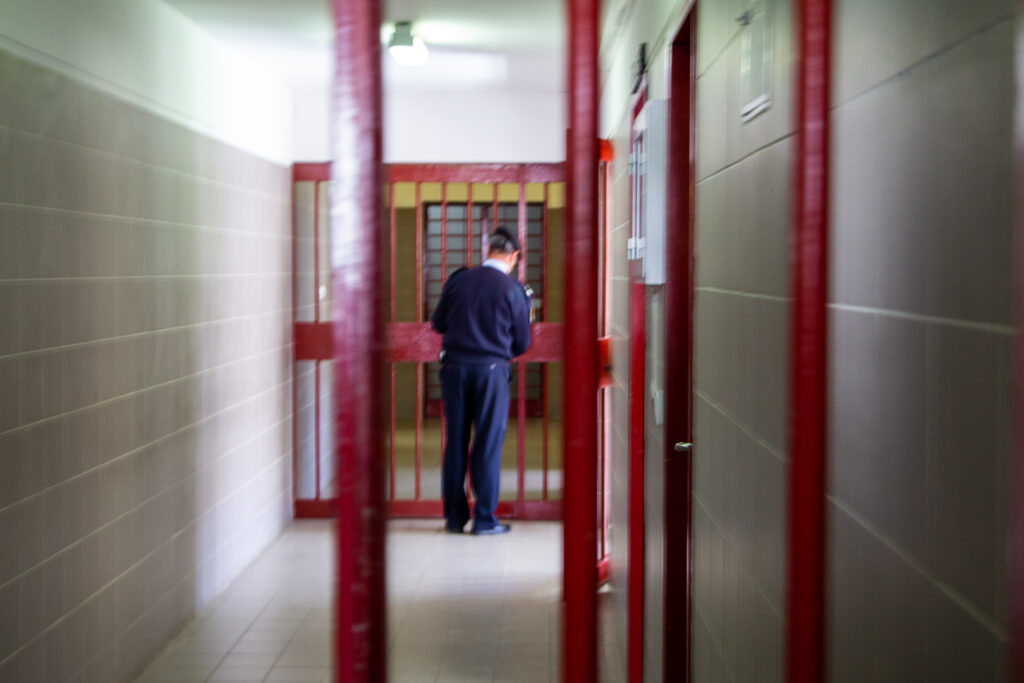The interministerial Working Group that prepared the proposal for health in prisons defends the transfer of responsibility for prison health care to the Ministry of Health and its integration into the National Health Service (SNS).
Created by order on April 5 last year, to prepare a proposal for an Operational Plan for Health in the Context of Deprivation of Liberty for the period 2023-2030, the Working Group presented to the Government the final report, released yesterday, proposing a change in the governance model for the provision of healthcare in prisons.
The document, made available yesterday on the SNS portal, constitutes a basis for intervention in this context, defending the transfer of responsibility for prison health care to the Ministry of Health and, consequently, the integration of prison health into the SNS, having as its territorial basis the Local Health Unit to which the prison establishment belongs.
The report, cited in a statement from the Ministry of Health and Justice, argues that «continuity between health monitoring in free and prison environments would allow improving the monitoring of chronic conditions, reducing costs with new exams, reducing the possibility of developing drug resistance and reduce loss of follow-up and even criminal recidivism”.
For the Working Group, the plan constitutes «an essential public health tool, which will serve the rights and dignity of both the population in prison and the community from which they come and to which they will return».
The proposal is based on six strategic axes: Health protection and promotion, disease prevention, access, retention and continuity of healthcare, social reintegration, information systems and technology and the research component.
For each of these axes, a set of intersectoral measures is presented, with a view to improving health indicators and psychosocial integration.
Among the measures, the Ministry of Health highlights the relevance of the plan containing a personalized assessment of health needs, carried out by clinical services.
“Access to oncological and communicable disease screenings, the implementation of the vaccination program, as well as health promotion and mental health measures are guaranteed,” he argues.
It also proposes that each prison establishment, “due to the excellence of its practices”, can be recognized as promoting a healthy environment.
The team, which involved experts from different bodies in the areas of Health, Justice and Science, and a collaborating center of the World Health Organization (WHO), at the University of Porto, proposes a phased transition of powers from the Ministry of Justice to the Ministry of Health, associated with continuous monitoring based on indicators that make it possible to assess the cost-effectiveness of the change in governance.
This process should involve a multidisciplinary team, which includes professionals from relevant health, justice, science, labor and social security entities.
The working group was designated by the offices of the Minister of Science, Technology and Higher Education, the Deputy Secretary of State and Justice and the Secretary of State for Health Promotion, following the organization in Portugal, in February 2023, of a WHO conference to present the first European report on the state of health in prisons.
At this international conference, the national commitment to the development of health policies that cut across the entire population, particularly in the most vulnerable contexts, was reiterated, which guarantee respect for human rights and access to health throughout all stages of life.



















Comments